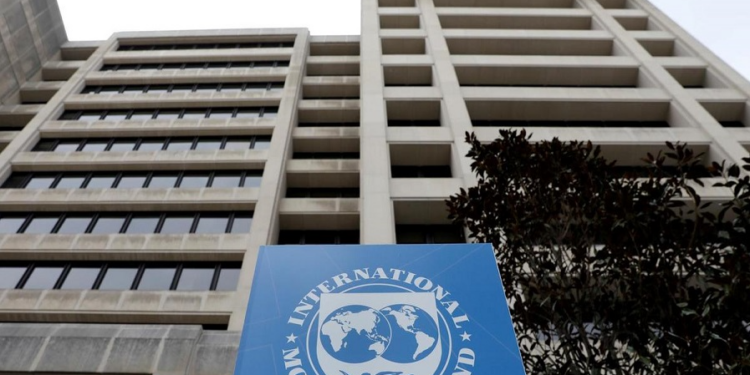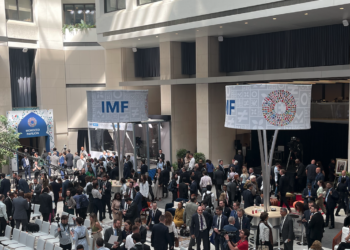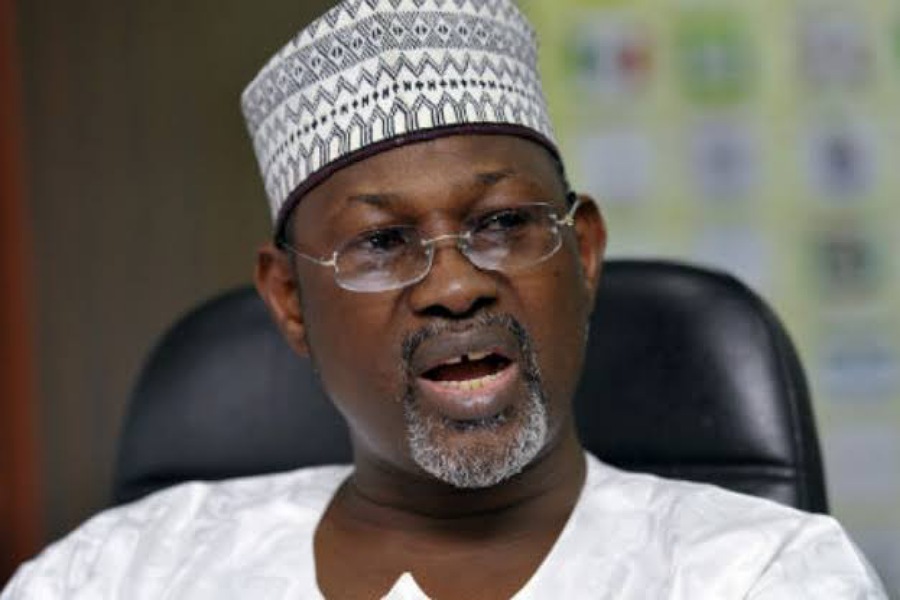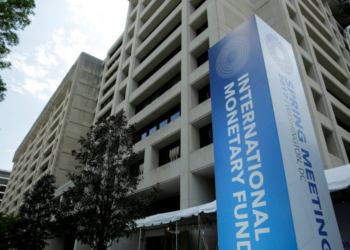The International Monetary Fund (IMF) has explained how cutting down on expenditure is not enough to reduce rising debt in Africa.
This was disclosed via an IMF Paper titled “Navigating Fiscal Challenges in Sub-Saharan Africa: Resilient Strategies and Credible Anchors in Turbulent Waters” where IMF the highlighted how debt crisis can be avoided in Sub-Saharan Africa.
Rising Public Debt
IMF noted that due to rising public debt within the region, it has become more difficult and expensive for African countries to repay their debts which has “sparked concerns of a looming debt crisis in the region.”
According to the IMF,
- “The average debt ratio in sub-Saharan Africa has almost doubled in just a decade—from 30 per cent of GDP at the end of 2013 to almost 60 per cent of GDP by end-2022. Repaying this debt has also become much costlier.
- The region’s ratio of interest payments to revenue, a key metric to assess debt servicing capacity and predict the risk of a fiscal crisis, has more than doubled since the early 2010s and is now close to four times the ratio in advanced economies.
- As of 2022, more than half of the low-income countries in sub-Saharan Africa were assessed by the IMF to be at high risk or already in debt distress.”
How Public Debt Crisis Can Be Avoided
The IMF highlighted five policy actions African governments can take to preserve the sustainability of public finances, while also achieving the region’s development goals.
These policies would help avoid the looming public debt crisis within the continent.
IMF noted that re-anchoring fiscal policy through a credible medium-term strategy would help avoid the crisis.
- “In most sub-Saharan African countries, fiscal policy focuses excessively on short-term goals and is not guided by a clear medium-term strategy. This lack of anchoring has resulted in frequent breaches of fiscal rules and ever-increasing public debt levels.
- A more strategic approach to fiscal policy would be preferable by setting explicit debt targets that integrate key policy trade-offs between debt sustainability and development objectives, rather than focusing narrowly on short-term fiscal deficits.”
Expenditure Cuts Is Not Enough
IMF also explained that while cutting down on expenditures is a good move, African countries need to mobilize more domestic revenue should play a greater role in avoiding the crisis.
- “Sub-Saharan African countries tend to rely excessively on expenditure cuts to reduce their fiscal deficits. Although this may be warranted in some circumstances, revenue measures, like eliminating tax exemptions or digitalizing filing and payment systems, should play a greater role.
- Mobilizing domestic revenue is less detrimental to growth in countries where initial tax levels are low, whereas the cost associated with reducing expenditures is particularly high given Africa’s large development needs.”
What You Should Know
Nairametrics recently reported that The Debt Management Office (DMO) of Nigeria had disclosed that the nation’s total public debt soared to N87.38 trillion by the close of the second quarter of 2023.
This figure represents a substantial increase of 75.29%, equating to N37.53 trillion, when compared with the N49.85 trillion reported at the end of March 2023.





















